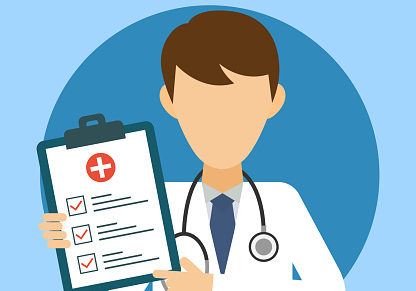
Here are the top stories covered by DocWire News this week in our Health News Week in Review. In this edition, learn how artificial intelligence can use voice analysis to diagnose PTSD, four facts about a recently FDA-approved non-drug device that treats children with ADHD, a NASA study of twin astronauts that suggests life can be ‘mostly sustained’ for a year in space, and that indicators of despair are rising among US adults entering midlife.
The use of an artificial intelligence (AI) algorithm can diagnosis post-traumatic stress disorder (PTSD) using voice analysis, according to a study published in Depression and Anxiety. In this study, researchers obtained speech samples from 52 warzone-exposed veterans and 77 controls and evaluated them using the Clinician-Administered PTSD Scale (CAPS). Using a machine learning technique called random forest (RF) algorithm, they were able to detect PTSD with an accuracy rate of 89%. One of the study’s senior authors said their findings “suggest that speech-based characteristics can be used to diagnose this disease, and with further refinement and validation, may be employed in the clinic in the near future.”
For the first time the Food and Drug Administration (FDA) has approved the Monach external Trigeminal Nerve Stimulation (eTNS) System, a non-drug device that treats children with attention deficit hyperactivity disorder (ADHD). Four facts about the device include:
- It’s a prescription indicated for ADHD patients between seven and 12 years old not taking prescription ADHD medication.
- The system’s use must be monitored by a caregiver.
- It is about the size of a cell phone and works by sending a low-level electrical pulse to a patch connected to the patient’s forehead during sleep. It may require up to four weeks to take effect.
- Previous data have shown that eTNS stimulates brain activity in areas that involve attention, emotion, and behavior.
Human health can be ‘mostly sustained’ for a year in space, according to the findings the NASA Twins Study, published in Science. Using twin astronauts, Scott and Mark Kelly, 84 scientists comprised of 10 teams from 12 universities in eight states sought to examine the effects one-year of space exposure has on the human body. Scott Kelly spent 340 days onboard the International Space Station (ISS), while his brother served as the control on Earth. Results of the study found that most changes incurred by Scott after his year in space returned to baseline by time the study was performed. Steven Platts, a NASA scientist and study coordinator, said that the results show “the resilience and robustness of the human body.”
Among US adults entering midlife indicators of despair, depression, substance abuse, and suicidal ideation are rising, according a study published in the American Journal of Public Health. To conduct this study, researchers obtained data on 18,446 individuals from the National Longitudinal Study of Adult Health and assessed change in indicators of despair from adolescence to adulthood testing for differences by education, race/ethnicity, and rurality. The results showed rising despair indicators among all groups regardless of education, location, or race, with researchers noting that these results “suggest that generally rising despair among the young adult cohort now reaching midlife that cuts across racial/ethnic, educational, and geographic groups may presage rising midlife mortality for these subgroups in the next decade.”

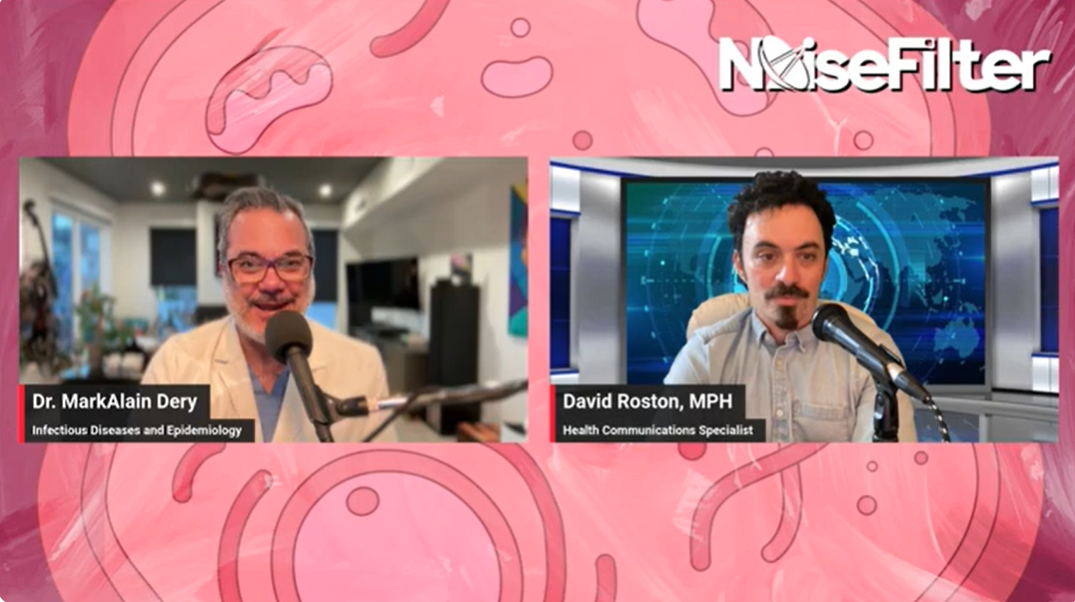
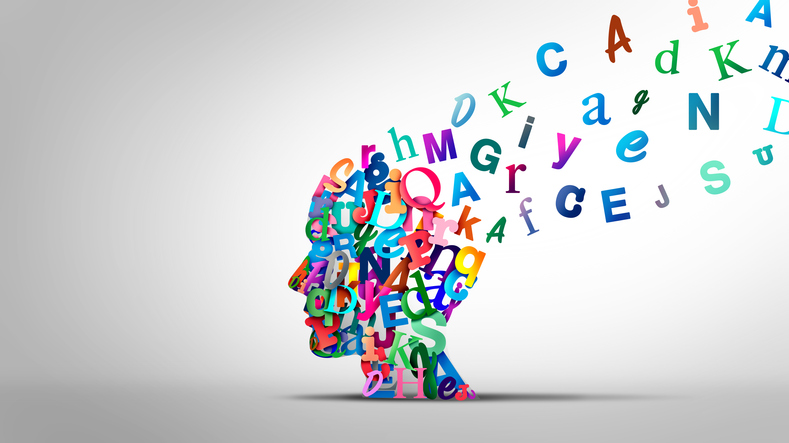
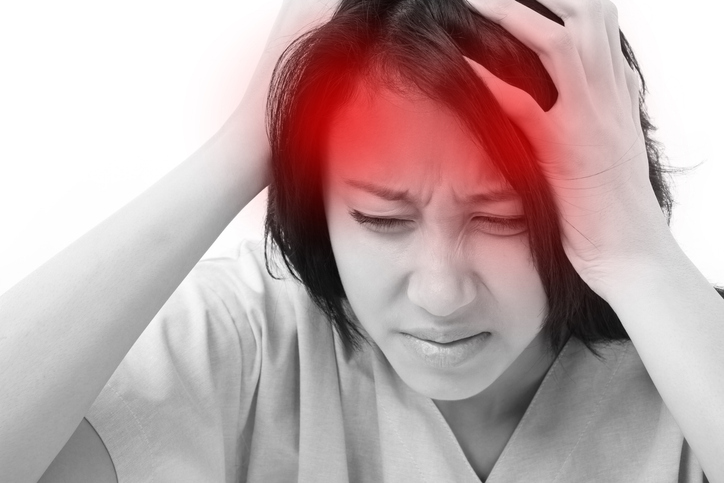

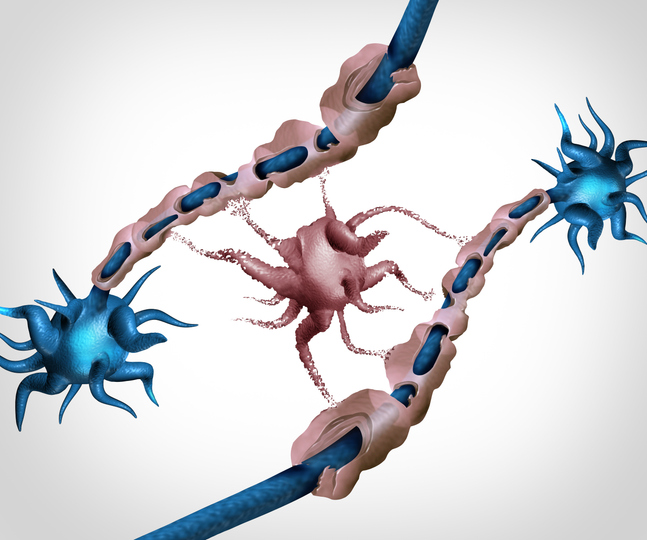

 © 2025 Mashup Media, LLC, a Formedics Property. All Rights Reserved.
© 2025 Mashup Media, LLC, a Formedics Property. All Rights Reserved.